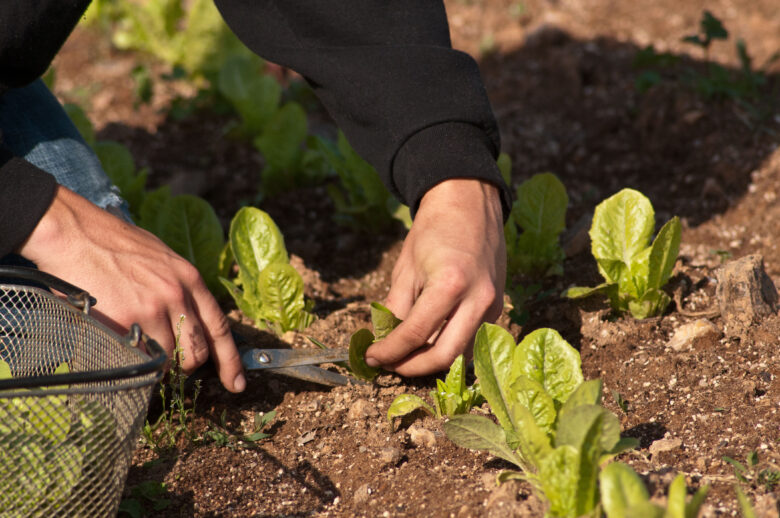Local and Sustainable Food Systems
Local and sustainable food systems are crucial for promoting healthy eating habits, supporting local economies, and protecting the environment. These systems prioritize the production, distribution, and consumption of food that is grown and sourced in ways that are beneficial for people and the planet. Let’s delve into the significance of local and sustainable food systems and how they contribute to a better future.
Firstly, what is a local and sustainable food system? A local and sustainable food system involves producing and consuming food that is grown nearby, reducing the need for long-distance transportation. It also emphasizes using practices that minimize harm to the environment and promote the well-being of communities.
Furthermore, these systems offer a range of benefits that extend beyond the dinner table.
Keep reading about, Local and Sustainable Food Systems:
One of the key aspects is reducing the carbon footprint associated with food transportation. By consuming food produced locally, we can decrease the greenhouse gas emissions that result from transporting food across long distances.
Additionally, these systems promote biodiversity and soil health. Local farms often use diverse crops and traditional farming methods that help maintain healthy ecosystems.
Moreover, they support local economies. When we buy food from local farmers and producers, we contribute to the growth of our communities and help create jobs.
Moreover, these systems prioritize ethical and humane treatment of animals, ensuring that livestock are raised in healthy and humane conditions.
In addition to environmental benefits, they promote healthier eating habits. Freshly harvested, locally grown produce is often more nutritious and flavorful than food that has traveled long distances.
In addition, farmers’ markets and community-supported agriculture (CSA) programs are key components of this. These initiatives connect consumers directly with local producers, fostering a sense of community and trust.
Finally, local and sustainable food systems contribute to food security by reducing dependency on distant sources of food. During times of disruptions, such as natural disasters or supply chain issues, having a strong local food system becomes even more critical.
Consequently, local and sustainable food systems are not just about what we eat; they are about supporting our health, communities, and the environment.
In conclusion, local and sustainable food systems offer a holistic approach to nourishing our bodies, supporting local economies, and caring for the planet. By choosing local produce, supporting farmers’ markets, and being mindful of our food choices, we can contribute to a healthier, more resilient, and sustainable future for ourselves and generations to come.
| Read more about sustainable sources. |
| Learn more sustainability. |




